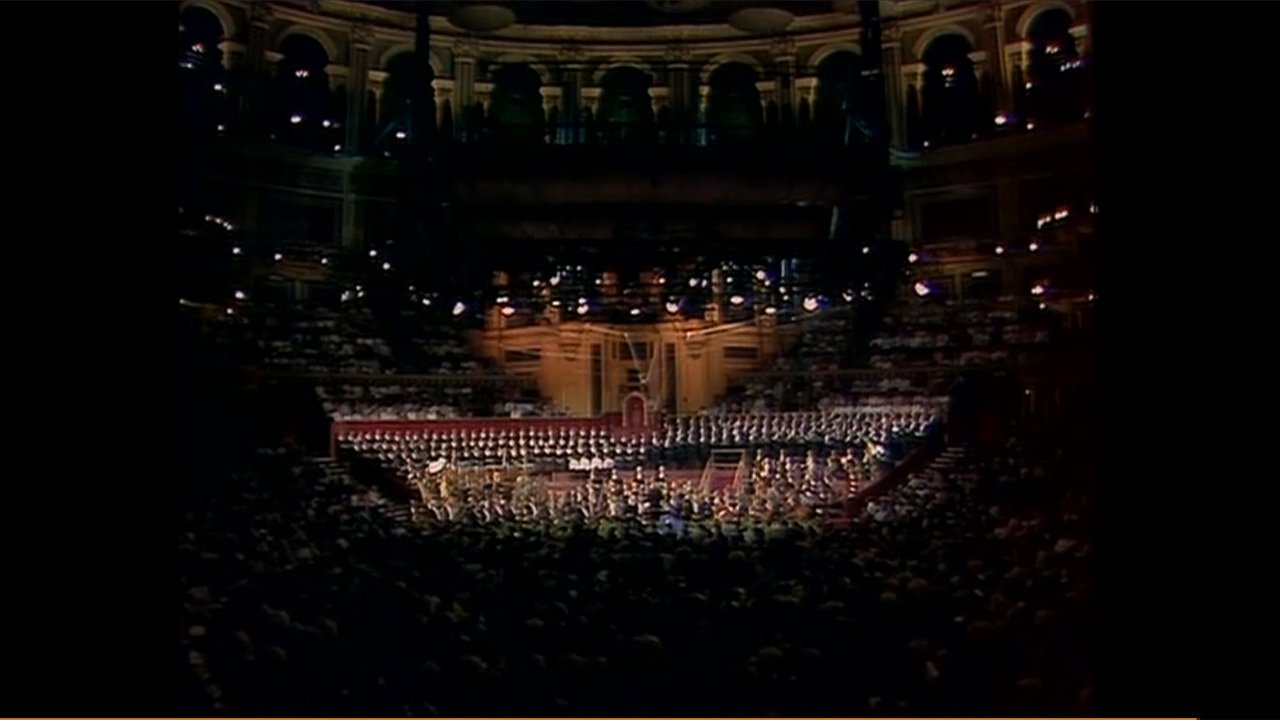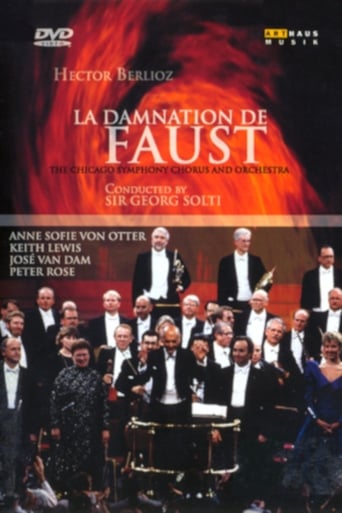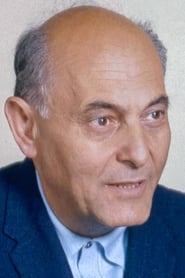

The Damnation of Faust
This live recording was made at the Royal Albert Hall during one of Londons famous Promenade Concert seasons. Sir Georg Solti conducts the Chicago Symphony Orchestra and Chorus in a magnificent performance of Berliozs concert cantata. This feast of Berlioz launched Soltis farewell tour with the orchestra he had directed for twenty years and was described by The Times as the unsurpassable culmination of two decades of music-making...one that summarised all that has been most admirable about Soltis long reign in Chicago. Like reading the book by flashes of lightning was how one writer described the relationship of Berlioz to Goethe in this Dramatic Legend, his way of shaping twenty scenes selected from the story into a narrative in four parts. Though it has sometimes been staged, the works drama is to be found within the music itself, which illuminates the incidents with what the conductor Sir Thomas Beecham once called a bunch of the loveliest tunes in existence.
- Overview
- Cast
- Crew
The Damnation of Faust
- Overview
- Cast
- Crew
Status
Released
Release Date
Jan 1, 1989
Runtime
2h 13m
Genres
Music
Original Title
La Damnation de Faust
Director
Rodney Greenberg
Description
This live recording was made at the Royal Albert Hall during one of Londons famous Promenade Concert seasons. Sir Georg Solti conducts the Chicago Symphony Orchestra and Chorus in a magnificent performance of Berliozs concert cantata. This feast of Berlioz launched Soltis farewell tour with the orchestra he had directed for twenty years and was described by The Times as the unsurpassable culmination of two decades of music-making...one that summarised all that has been most admirable about Soltis long reign in Chicago. Like reading the book by flashes of lightning was how one writer described the relationship of Berlioz to Goethe in this Dramatic Legend, his way of shaping twenty scenes selected from the story into a narrative in four parts. Though it has sometimes been staged, the works drama is to be found within the music itself, which illuminates the incidents with what the conductor Sir Thomas Beecham once called a bunch of the loveliest tunes in existence.



